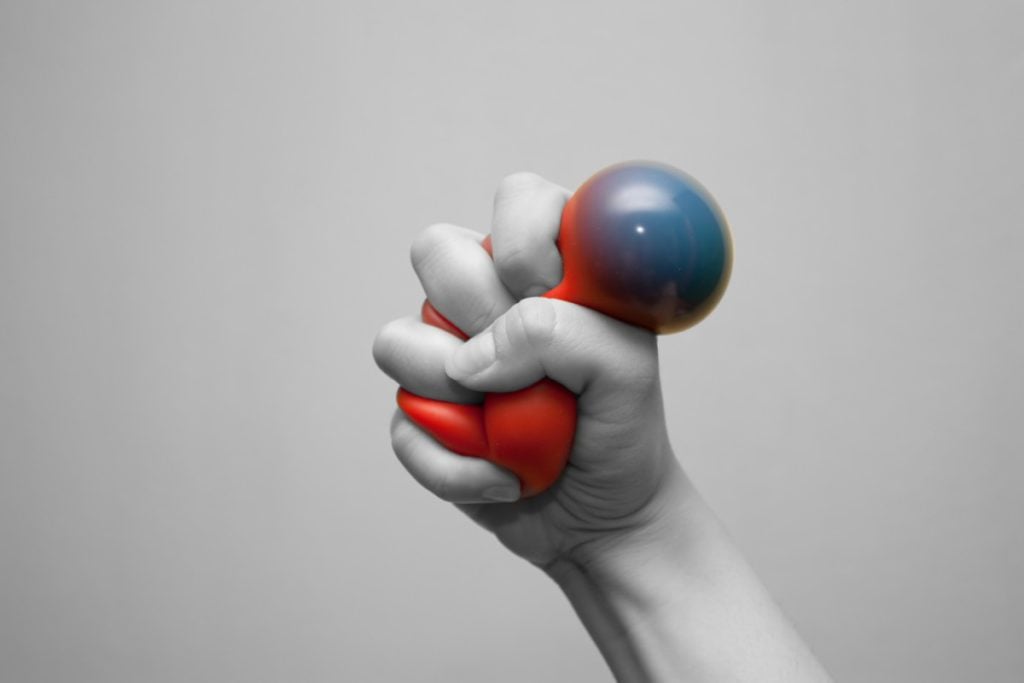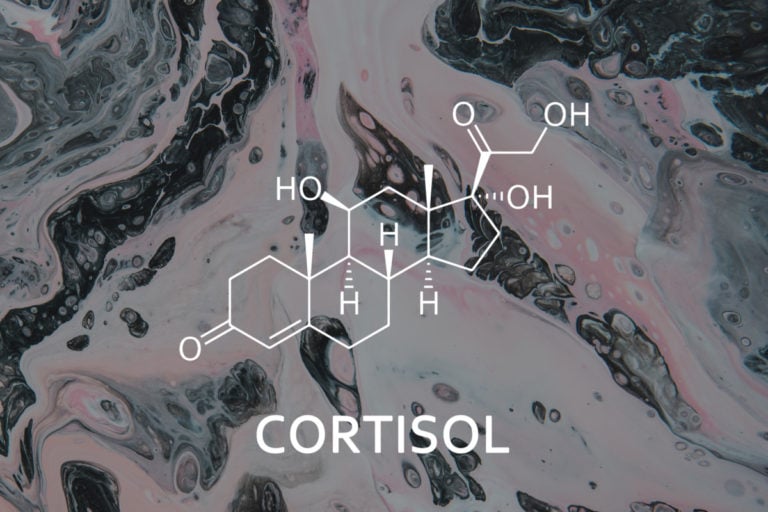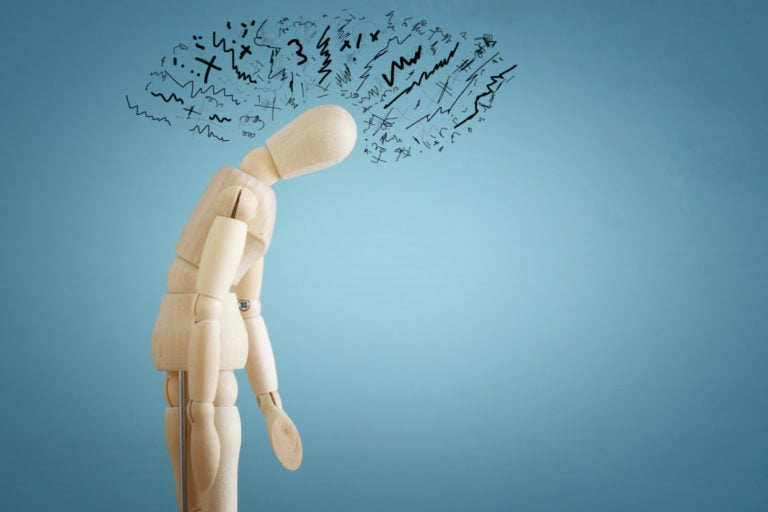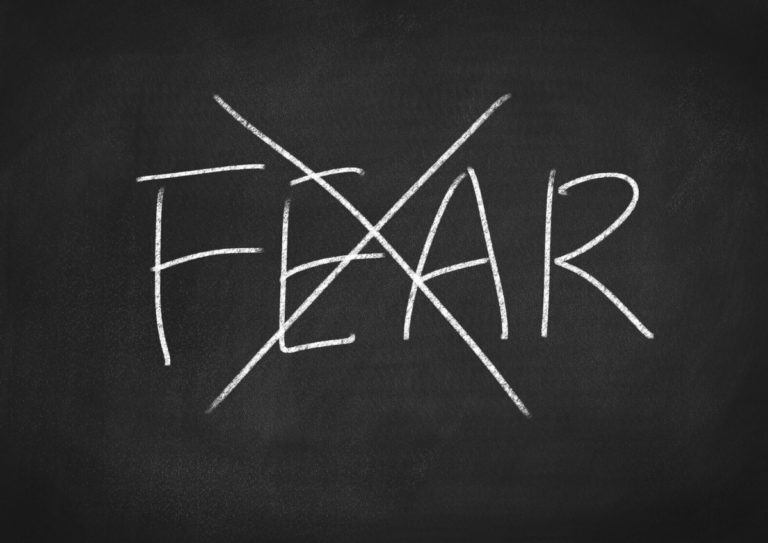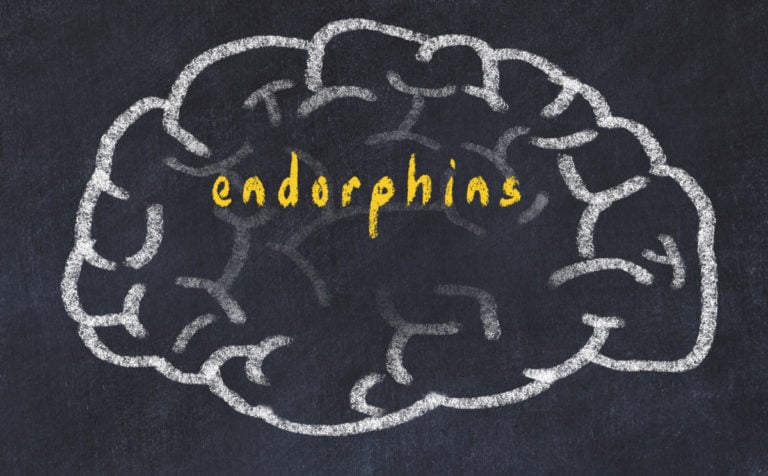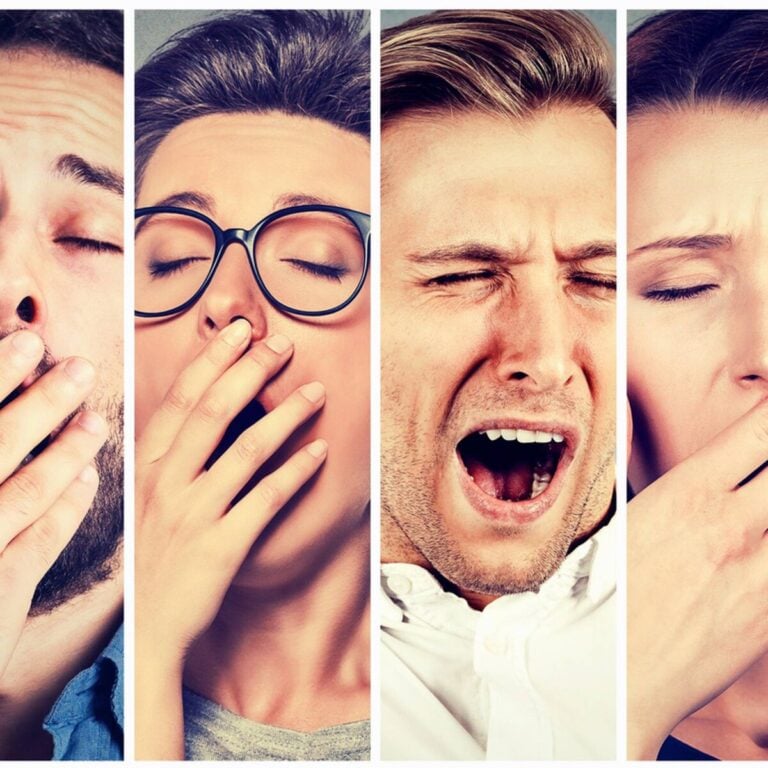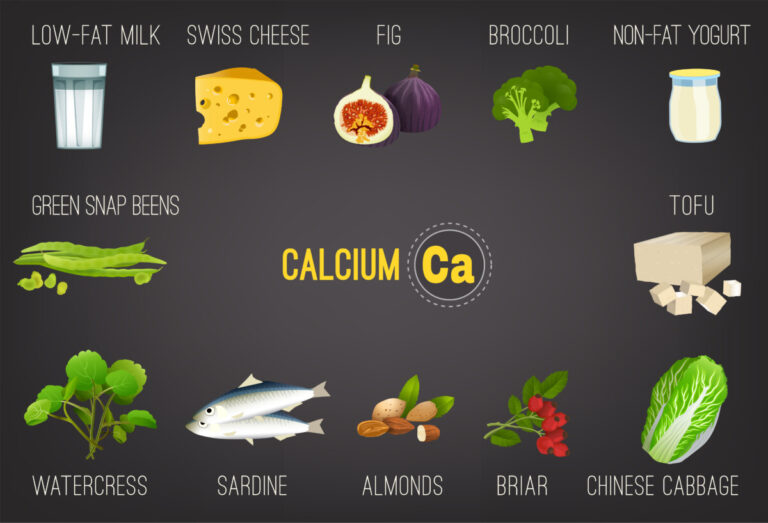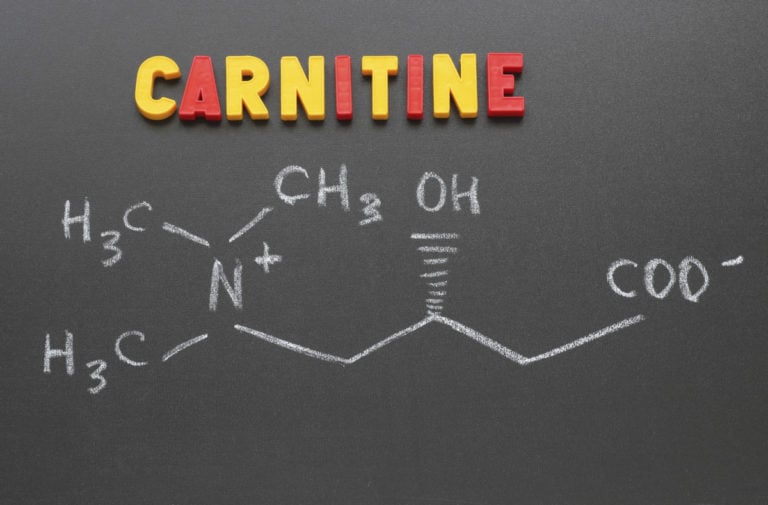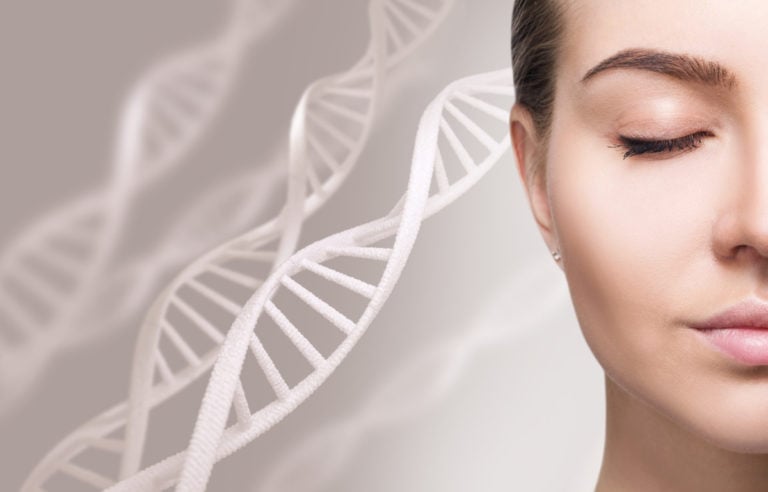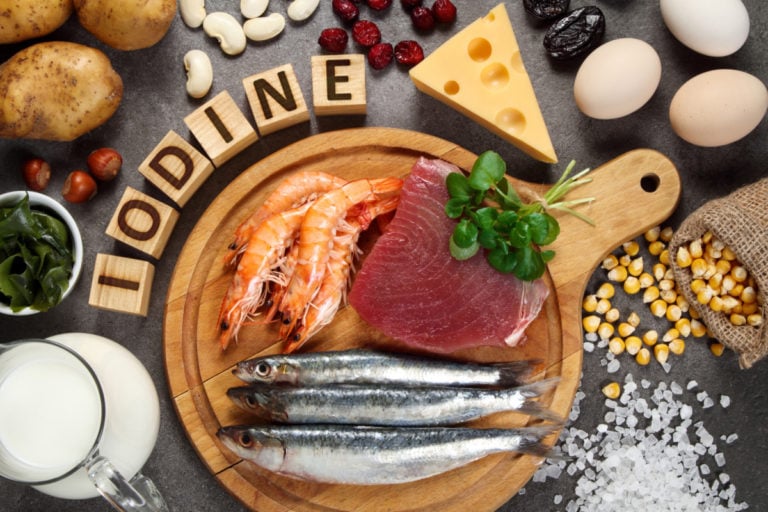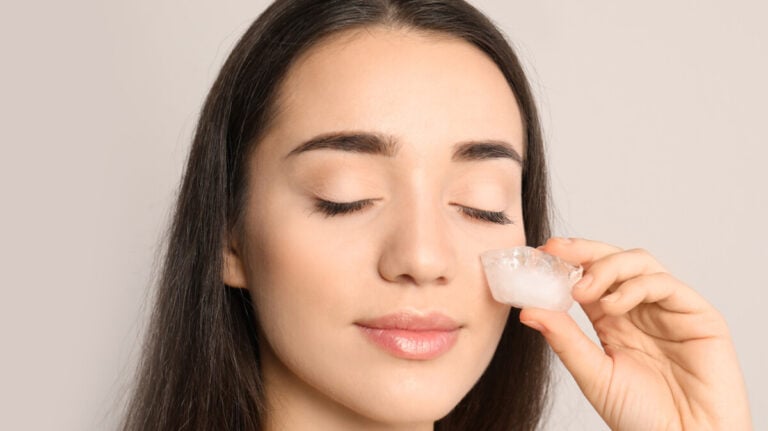The specificity of the life of a modern person leaves an imprint even on the most persistent. Anxiety, nervousness, irritability, anger gradually become faithful companions of a person.
More than half of the inhabitants of the Earth experience these problems from time to time, and for some, stress has turned into a state of chronic illness. No need to wait: there are many ways to restore the nervous system after stress. People suffering from constant neurosis will also be able to choose suitable remedies for their health.
Types of stress
When the body gets into unusual conditions for it, the response is stress. Destructive consequences are psychic trauma, experiencing problems in relationships with loved ones, etc. But a contrast shower, a visit to the gym, and falling in love, and an unexpected joyful meeting are also a shake-up.
All the latest examples are perceived positively by the psyche, as a result of which the nervous system is strengthened: negative situations in life will be perceived as training the psyche, it will harden, become more resilient.
Expert comment – Associate Professor Kuzina Margarita
In other words, we get into a state of stress when we feel that the demands of the environment exceed what we usually encounter, something that can be handled without additional effort. Stress manifests itself in the form of increased anxiety, anxiety, tension. A person under stress is easy to recognize, he is like a compressed spring.
For most people experiencing stress, stress levels are mild enough to allow them to live and exist with it. But such extreme manifestations of stress in the form of panic, horror, emotional breakdowns to the point of suicide are also possible. This is due to the fact that a person cannot cope with the mental stress that he experiences.
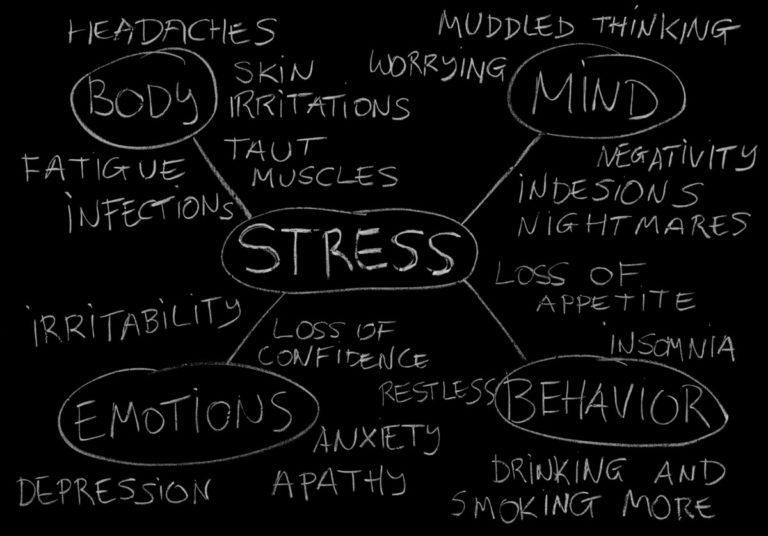
Stress is huge. We can say that our whole life, our entire environment, is a stress of one or another force of influence. Stress is influenced by individual personality traits. By themselves, they are not stressful, but they define the bar where stress begins.
There is positive stress and negative stress. Positive stress mobilizes us to new achievements. Positive stresses, or as they are also called – “stress-challenges” make us mobilize, they stimulate us, so to speak, “spur”, make us actively act and “keep fit”.
This type of stress is very useful for a person, since at this moment a person’s productivity is very high. Unfortunately, this stress phase very often turns into a stress obstacle phase. In this phase, stress begins to interfere with a person, begins to put pressure on him. Burnout occurs, depression develops.
Expert comment – psychologist Natalia Larionova
Brain, stress, computer. Ask, what does the computer and our brain have to do with it? Let’s look at the brain as a perfect on-board computer built into a person, which was developed by nature itself using unique and unknown methods. This computer controls our entire body, following the programs that are written into it.
I repeat – this is a unique computer and therefore everyone has different reactions to certain stimuli. Let’s take stress for example.
Stress is the response of our body to the situation that has arisen, a program recorded in our computer. The reaction can be different, depending on age, the older, the more difficult the response to the release of adrenaline produced at the time of stress is tolerated.
The degree of our reaction also depends on the type of stress. For example, on Eustress – mild stress that can be caused by positive emotions (given a puppy, made you an offer), your body is unlikely to respond with a heart attack or a serious sleep disturbance. But Distress and Emotional stress may well affect health and damage the programs of healthy organs, and they, in turn, will malfunction: a violation of the immune system, endocrine and cardiovascular .
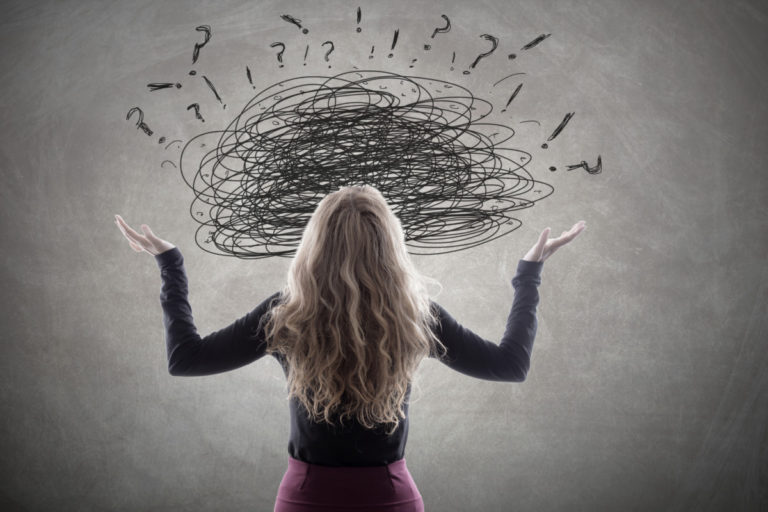
Under stress, certain hormones are produced that affect the processes in our body in a special way, it has been proven that at the time of stress, the production of oxytocin, a hormone that affects the production of breast milk, is reduced: little hormone – little milk. Or adrenaline, which our body throws out in excess, directly hits the cardiovascular system and hello, ambulance!
In Russia, 70% of people experience stress – this is normal, it is in our Life program, light stress is even useful, but you need to work on strong stresses. Work on your stress management program. There are many ways to change the reaction from negative to positive, but this is not fast and requires some internal resources.
An exercise to change your response to stress
Expert comment – Emilia Tsybikova
From the point of view of Tibetan doctors, all types of nervous disorders, stresses are among the signs of an imbalance of the Basis Wind (Rlung – Tib.), which is said in the treatise “Chzhud-Shi” that it “governs the whole body and life.”
The basis Wind is responsible for the psyche, mental activity, sensory organs, the central nervous system and peripheral nerve channels (they are called “white channels” in Tibetan medicine), on which the innervation of the skeletal and smooth muscles depends. The time of its dominance is the elderly years. At this age, the basis of the Wind is especially vulnerable. This explains the changes in character, personality – an elderly person becomes more vulnerable, touchy, emotionally receptive, which can cause depression.
Another manifestation of Wind imbalance in old age is insomnia. Poor sleep quality reduces resistance to stress, which, combined with emotional lability, can cause nervous and even mental breakdown.
The basis of the Wind is cold in nature. The reasons for its imbalance are malnutrition, cooling, overwork. The age factor additionally contributes to the breakdown of this foundation, making a person more sensitive to negative factors.
Low stress resistance in the elderly is mainly associated with dehydration, low-calorie, dry, coarse, cold foods, cooling foods, and bitter-tasting foods and drinks.
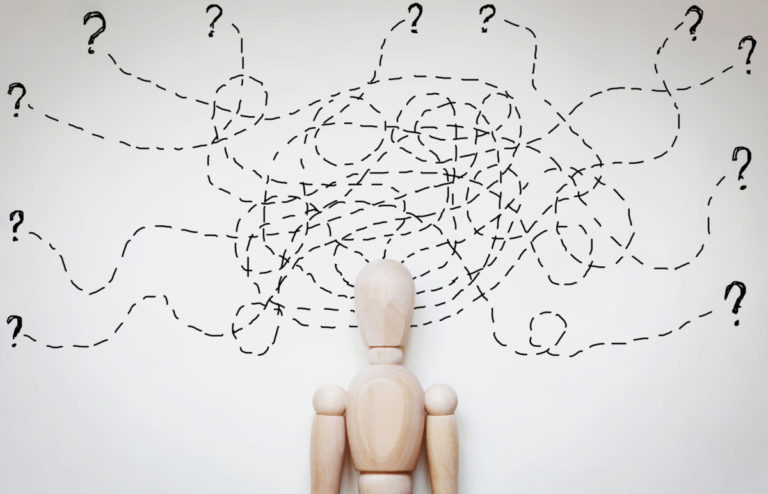
Nutrition in old age should be juicy, hot, high-calorie, “nourishing, oily”, with a predominance of sweet taste. Be sure to use spices that give extra warmth – nutmeg, cloves, cinnamon, ginger, black pepper, asafoetida, cardamom. The best warming foods are fish (preferably fatty, sea), as well as poultry meat (turkey, chicken, duck, goose), nuts, eggs, lamb.
Ghee by itself is the best remedy for stress in old age. It is desirable to use it instead of vegetable, creamy in any form – when cooking (frying, stewing), for dressing potato and other dishes (hot).
Chronic nervous stress, as a rule, is associated with the energy depletion of the Wind base and the whole organism, since the Wind is the main consumer of vital energy. This is manifested, for example, by postpartum depression. Many women experience depression after childbirth, their resistance to stress decreases sharply, they become touchy, tearful.
These are signs of the energy depletion of the Wind. To eliminate the imbalance of the Wind, a woman after childbirth needs to consume more ghee, warming foods (fish, seafood, chicken, turkey, lamb), as well as spices.
There is an opinion that spices during breastfeeding are undesirable. Tibetan medicine completely refutes this point of view. On the contrary, spices serve as metabolism catalysts, they make food warmer, which means they increase the level of heat and energy in the body, which serves as a prevention of nervous stress and depression.
Expert comment – psychoanalyst Larisa Velikanova
Stress is the body’s reaction to overstrain caused by new information that a person has not previously encountered, and which is perceived as a danger. At the same time, being a psychophysiological phenomenon, stress can adversely affect both the physical and psychological state of a person.
Today, we are much more likely to encounter the second type of stress, 98% of people are subject to it, and it literally follows us everywhere. At every step, a modern person is faced with a bunch of information that he does not have time to process. He is constantly under stress, and his psyche is in tension, so each new event can be the last straw in a critical mass of stress, after which trouble can happen.
In the middle of the last century, the Canadian endocrinologist Hans Selye identified three stages of stress:
- alarm and mobilization;
- resistance;
- exhaustion.
It turns out that a modern person hangs between the first and second stages, he is worried, and his psyche is trying to resist more and more new stresses, mental intensity is growing. That is why today we are faced with such a huge number of anxiety and psychosomatic disorders. Stress depletes the psyche, and it, signaling danger, begins to throw out various reactions as a defense. These can be symptoms that are collectively described by people as a “panic attack”, skin irritations and other psychosomatic reactions.
It is hardly possible to completely protect yourself from stress in a metropolis, but you can reduce its level, protecting yourself from excessive information and situations that require a strong emotional inclusion. I would not advise a young mother, whose body has already suffered both physical and mental stress, to aggravate the situation by watching melodramas or hanging out on social networks. Good support can be bodily practices that are now gaining great popularity – dancing, yoga, aerobics.
Expert comment – psychologist Olga Botvinnikova
Stress is a part of our life. What it is?
Stress is a special, intense experience to which the whole organism responds. Stress arises as a reaction to non-specific environmental challenges in any of its forms, including the reactions of the society in which a person lives, or to events taking place in a person’s life that radically change or can change his life in one way or another.
Stress is an attempt to urgently adapt to a newly arisen situation, circumstances. In other words, it is a forced creative adaptation to live in the circumstances offered.
Usually the word stress is adjacent to negative transfusions and events. But it is extremely important to understand that joyful events can also cause stress. For example, a wedding, the birth of children, a promotion or a new job, moving to another city, and even new relationships – all these events in a person’s life are associated with stress.
- Stress can manifest itself through various sensory apparatuses. Maybe through reactions in the body – trembling, chills, redness on the skin, an upset digestive system (bear disease).
- Maybe through emotional manifestations – tears, nervous laughter, sarcasm.
- Either through behavioral features – isolation (autism), or vice versa, increased excitability, aggressiveness.
It is often possible to observe a combination of various manifestations or their alternation, since the state of increased mobilization of the body uses the physiological and psychological resources of a person to search for a solution and adaptation.

Stress – as a search for creative adaptation to the challenges of the environment, accompanies a person’s whole life. The biggest stress is the stress of birth. Further, throughout infancy and old age, life is filled with challenges, and as a result, stress.
Children are considered the most vulnerable. Their nervous system is not flexible enough. When talking about childhood stress, age is extremely important, since a child at 5 and at 10 years old is a completely different opportunity for adaptation. In addition, depending on age, the same event can have completely different stressful effects.
In childhood, stress is often something that is not perceived as such by anyone around, and makes a stunning impression on a particular child only because it exceeds his age-related perception.
The next most vulnerable to stress is old age. The elasticity of the psyche is reduced, adaptive resources have been exhausted over the period of life, and even insignificant changes in the external environment are perceived with great effort and anxiety. It is not for nothing that it is known that for the elderly it is critically unbearable to change the place of residence. There is no longer a resource for the opportunity to adapt.
The most susceptible and at the same time resistant to stressful situations are people just at the age of 25-55 years. It is at this age that the main burdens of social life fall, personal crises, appropriation, change and loss of various social roles. At this age, the load on the nervous system is such that often stresses are woven into a ball, like a clot of undigested energy. In the case when the concentration of the stress load exceeds the capabilities of the nervous system, affective reactions occur when the ability to control behavior and the manifestation of one’s emotions is lost.
Such manifestations can help to defuse the tension that has accumulated in a person, but they adversely affect his social life and the external assessment of others. Communication in the family and at work is usually disrupted, it can result in dangerous sports or, as one of the simplest, alcohol consumption.
What can cause stress? Everyone has their own something, but this is definitely something in which a person is initially vulnerable. For example, if we depend on an external assessment, then any of its types. If you are financially dependent or not very confident in your qualifications, then everything is related to the loss of a job or evaluation of him as an employee. If not sure about the relationship, then evaluate the partner. Etc.
There is only one conclusion – if there is a reliance on oneself and the ability to support oneself, then the influence of the external situation and, as a result, stress will be minimized.
Expert comment – psychologist Yuliya Osmachkina
Did you know that stress comes from the most pleasant events in life (pregnancy, wedding), for example, a wedding is 7th on the stress scale, and pregnancy is 12th, as well as procedures that have health benefits ( winter swimming, dousing with cold water). This is eustress.
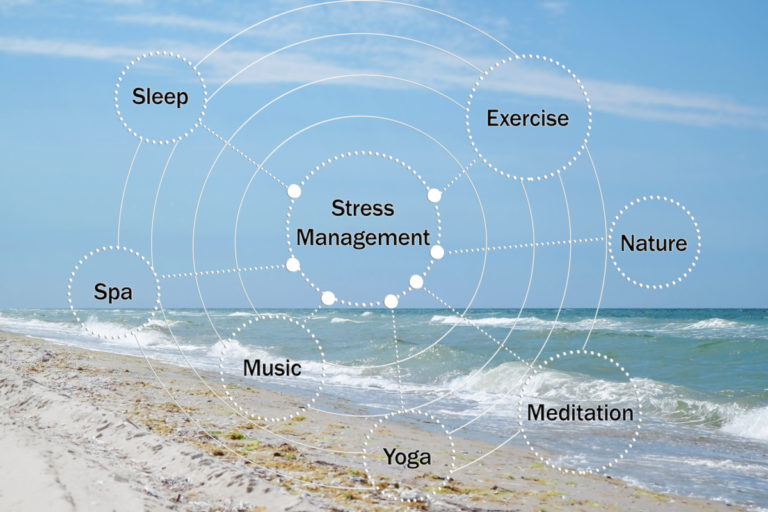
There is also stress that the immune system suffers from, weakening the protection against infections and viruses (waking up early on an alarm clock every day without days off for a long period of time) – this is distress.
The next type of stress is jet lag. Stress that appears in connection with the change of time zones. It is also called – spatial. Traveling for several months has its advantages: the body and head have time to adjust to the change in time zones.
Psychological stress can occur when two personalities are in conflict. It can be inside personal, when a person experiences many psychological states and negative emotions inside himself.
Also, psychological stress can be professional and family.
It is this type of stress that most of all accounts for “victims”. Since a person in emotional and psychological stress lives deeper and unconscious processes. Even if he eats right, takes care of his health and seemingly takes care of himself, it is very difficult to help himself without a psychologist or certain knowledge and actions.
Does the “degree” of stress depend on age? Yes. The older generation, as well as children, are less stress resistant.
Reasons
A person living in the 21st century is faced with exciting situations literally at every turn. Nervousness is born primarily due to psychological aspects. We are constantly striving to solve emerging problems with work, personal life, people around us, etc. We worry before an important meeting, speaking at an event, when we hear a rejection or fail.
Also, stress can manifest itself due to the so-called hypoxia, that is, insufficient oxygen content in the body. Its chronic deficiency occurs due to irregular ventilation of rooms and insufficient exposure to fresh air. A change in body temperature also negatively affects the nervous system.
Prolonged severely elevated temperature during illness depletes energy resources. Hypothermia is also dangerous: the work of the nervous system slows down significantly. Genetic predisposition is another cause of disorders of a neurotic nature. But it is important to understand that not all experiences are fraught with a threat to health.
Stress symptoms
Here are the main symptoms of stress:
- spoiled mood appears already in the morning;
- experiences of an imaginary threat are born;
- an excessive exaggeration of an unpleasant event is manifested;
- lack of interest in usual activities and favorite hobbies;
- there is a need to isolate oneself from the outside world, to be alone for a long time;
- “fail-safe” behavior is born, an unwillingness to say “no” to important people, which allegedly causes indispensability and demand;
- indicates frequent pessimism and despondency for no specific reason;
- there are tremors in the knees, lump in the throat, rapid heartbeat, wet palms;
- touchiness, absent-mindedness, hostility, obsession with a problem or a person are often manifested.
When “diagnosing” already one or two signs of stress from the listed ones, one should ask the question: how to strengthen the nervous system?
Consequences of stress
Permanent nervous breakdowns do not pass without a trace for the body. No wonder there is a common phrase: “all diseases are from nerves“.

Here’s what stress can lead to:
- insomnia;
- problems with the cardiovascular system;
- increase in blood sugar;
- gastritis, gastric ulcer, colitis;
- cholelithiasis;
- decreased immunity;
- severe headaches;
- a sharp decrease in sexual desire;
- chronic fatigue;
- memory deterioration;
- decreased appetite, etc.
It should be borne in mind that negative consequences may not be detected immediately, but have a delayed development. The healthy functioning of the body even requires a certain proportion of hormones produced due to situations of mental stress, but the percentage of such substances should not be high. Otherwise, an impetus is given to the development of various diseases.
How to get rid of stress
In order to recover as quickly as possible after a negative situation, a person often “seizes” it, seeks to forget himself with the help of alcohol, cigarettes, coffee, even drugs. These are imaginary and short-lived methods of relieving stress. Not only are they harmful to health, they also exacerbate the problem.
So that the winds of life do not fan the fire in a person and in order to remain imperturbable even when the most exciting event occurs, one should adhere to some nuances:
- Healthy, full-fledged sleep. 8 hours of sleep per day for an adult will build a serious barrier that protects against the negative effects of external factors.
- Sports. Our nervous system needs regular physical activity. Thanks to this, mood improves, mental stress is relieved and hormones of happiness are produced.
- Healthy food. The main principle of nutrition: providing cells with essential vitamins, minerals, amino acids. Vitamins of group B are especially useful for nerves. Regularly eat legumes, nuts, bread, vegetables, fish, dairy products, eggs, meat. Do not neglect the intricacies of proper nutrition: do not overeat, do not eat at night, give up junk food.
- Breathing technique. Master the technique of abdominal breathing, thanks to which not only the nervous condition will improve, but also the functioning of internal organs. With chronic anxiety, a person breathes shallowly and rapidly. Train yourself to do it deeply, with measuredness.
- Water treatments. A warm shower or herbal bath is soothing, while a contrasting water treatment invigorates. Swimming also has a positive effect on mood and well-being.
- Soothing visualization technique. Experts say that our subconscious mind perceives visualized events as actually happening. Therefore, everything that happens in our thoughts is an influential instrument. Sit back, close your eyes, and imagine a place that brings you fond memories. Recall the positive feelings that arise from being in this place. When peace descends on you, return to the real world.
- An optimistic worldview. Understanding one’s purpose, willpower, the ability not to fall into despair and accept difficulties with a smile will not allow negative events in life to break one’s personality.
To help yourself in dealing with stress, sometimes a healthy lifestyle and psychological self-hypnosis are not enough. In this case, a favorable emotional component will be supported by drugs to calm the nervous system.
Conclusions
To defeat stress, you first need to realize what calmness is for. Only then can you help yourself and thereby find a harmonious relationship with yourself and the world around you.
